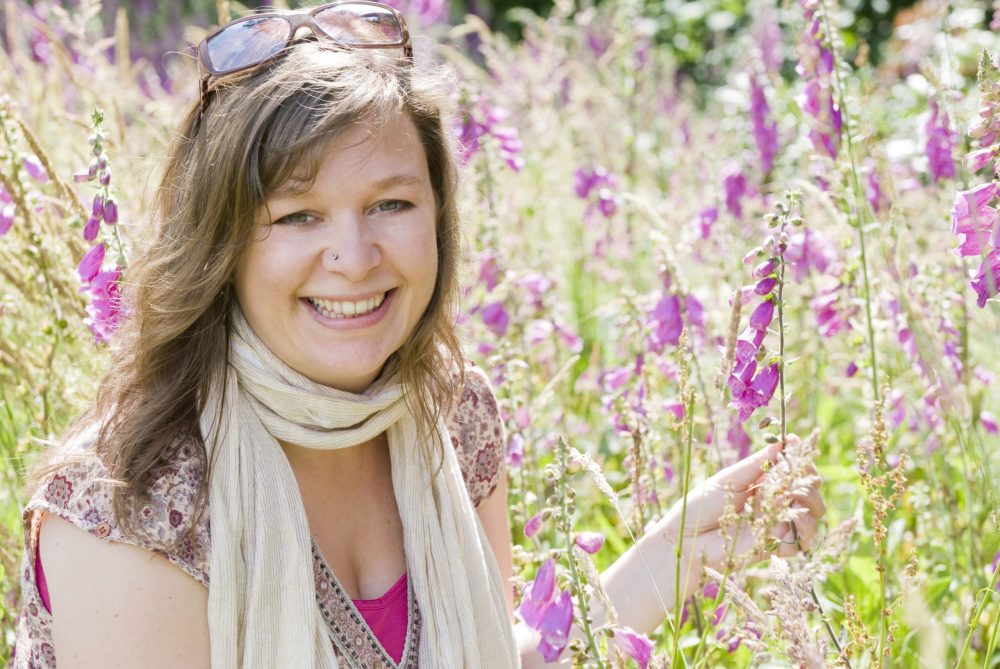
But which to choose? And why does one product sound like a miracle cure for some, when it does absolutely nothing for others? Sometimes too much choice just results in a lot of wasted money and a medicine cabinet bulging at the seams with discarded products.
So how can you tell what herbal product might help? Well firstly it’s important to understand what women’s bodies need at this important stage of life – and it may not be what you think. When we are heading towards menopause our oestrogen levels drop – we don’t need as much for the rest of our lives but we will still need a certain amount to keep us ticking over. When our ovaries no longer produce it, the job falls to several different sites in the body for the first time. One of the key sites to get involved is our adrenal glands
If you’ve been living a standard modern life juggling family, kids, work, house then it’s likely that your adrenals are pretty tired by this point anyway, and may only just be keeping up. Add a brand new responsibility for oestrogen production into the mix, and there’s no way they can comply.

So herbal support for women at this stage of life actually centres around supporting their adrenal health, and getting their stress levels down. Then we support their liver which is often working pretty hard at this point, and finally we can add in some phytoestrogen containing herbs to plug the gap while the adrenals get up to speed with their new task.
The route to menopause can be a tricky one – but there are plenty of practical steps you can take to support yourself through it. If you have other health conditions or take prescription medicine, check in with a medical herbalist for bespoke advice.
Pamela discovered herbal medicine seeking answers for the burnout she experienced in the film industry. One Batchelor’s degree in herbal medicine later, she began clinical practice in 2006 and later grew into teaching, writing and product development. She has been the Twinings Expert Herbalist since 2016. Pamela is a member of the National Institute of Medical Herbalists. www.nimh.org.uk You can contact Pamela via her website www.pamelaspence.co.uk

